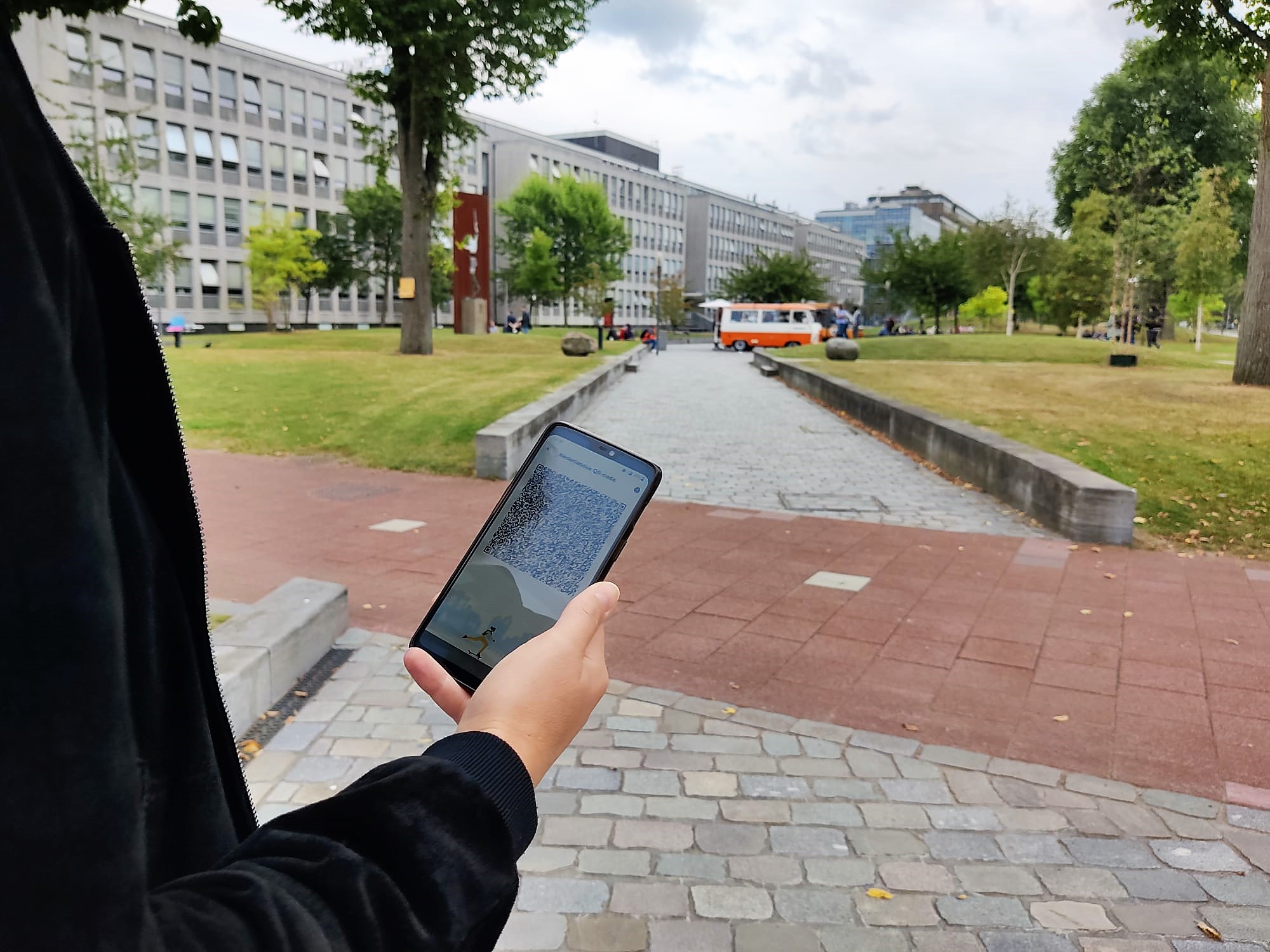The government has not yet decided to enforce Covid passes in higher education. Covid passes are in any case a bad idea, say the the higher education institutions.
Will you need a corona check on campus? (Photo: Kiki Arkesteijn)
With a Covid pass – generally in the form of a QR code – people can show that they have been vaccinated, have recently tested negative or have recovered from COVID-19. Up to now, Covid passes have been required only for an outing such as a visit to a cinema or festival.
But Health Minister Hugo de Jonge said that new measures were on the way. “It’s inevitable when you look at how hospital admissions are rising”, he told the NOS news organisation on Monday. Sources said that a Covid pass for higher education was an option.
Objections
But that will not happen if the umbrella organisations of higher education institutions have anything to say about it. The Netherlands Association of Universities of Applied Sciences and the Association of Universities in the Netherlands (VSNU) have fundamental objections. In the view of these organisations, education must remain accessible to students both with and without a QR code, because the right to education is too important.
“You will always have students that cannot or do not want to show the Covid pass. You have to offer them a viable alternative because they too have the right to education”, explains Eva Kloosterman, spokesperson for the Netherlands Association of Universities of Applied Sciences. That is tricky, particularly with practical lessons.
In addition, it is too much for the institutions. “We cannot really ask staff to perform that extra work”, says VSNU spokesperson Ruben Puylaert.
Practical problem
According to the organisations, enforcing the Covid pass as an admission card is also extremely difficult. “University buildings are not the same as a festival site. They are often old buildings with lots of entrances and that makes it hard to check everyone for a QR code”, explains Puylaert. At universities of applied sciences that will also be, in Kloosterman’s words, a “major logistical puzzle”.
Satisfied
The umbrella organisations are reasonably happy with the way things are going at the moment. They are satisfied with the low number of infections in the higher education sector and the high vaccination rate among students.
In any case, the QR codes cannot be introduced without due process: both the House of Representatives and the employee participation bodies have to take part in the discussion.
HOP, Josefine van Enk | Translation: Taalcentrum-VU
Do you have a question or comment about this article?
redactie@hogeronderwijspersbureau.nl


Comments are closed.